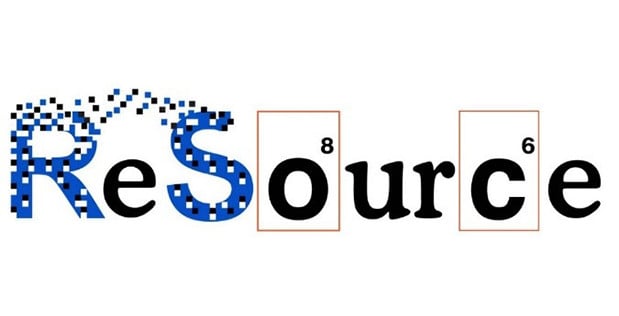
The Defense Advanced Research Projects Agency (DARPA) has selected multiple teams to address the challenges that warfighters are burdened with when transporting and disposing of single-use materials, and to explore systems to create valuable materials when and where needed.
Teams from Battelle, Iowa State University, Massachusetts Institute of Technology, and Michigan Technological University, in addition to government partners from the Idaho, Savannah River, and Lawrence Berkeley National Laboratories will work together to support the ReSource Program.
Performers are tasked with engineering user-friendly, self-contained, integrated systems that rapidly produce large quantities of supplies from materials that would otherwise be considered waste.
A versatile, operationally relevant system that converts single-use resources into edible macronutrients, tactical fibers, adhesives, and petroleum, oils, and lubricants (POLs) will be developed in the ReSource program.
If successful, the program will support independent expeditionary units and Humanitarian Assistance and Disaster Relief (HADR) stabilization operations in resource-limited environments.
“The ReSource program could fundamentally improve how the Department of Defense approaches waste management, shifting away from burning, burying, and shipping burdensome waste to onsite material conversion of waste from a less valuable form to a strategic resource,” noted Dr. Blake Bextine, ReSource program manager. “The systems will require little energy, run continuously, be scalable, and available on-demand based on warfighter need.”
Goals of the ReSource program include advancing science in three main areas: breaking down mixed waste, such as recalcitrant, carbon-rich polymers like those in common plastics; reforming upgradeable organic molecules and assembling them into strategic materials and chemicals; and recovering purified, usable products.
In the case of food, the ReSource output would be a basic product composed of macronutrients ready for immediate consumption. DARPA is working with the U.S. Food and Drug Administration to ensure all relevant guidelines are adhered to and regulatory standards are met.
“If we are able to meet the groundbreaking goals outlined in the program, it will revolutionize battlefield procurement and supply by expanding mission duration and operational flexibility,” added Bextine.












